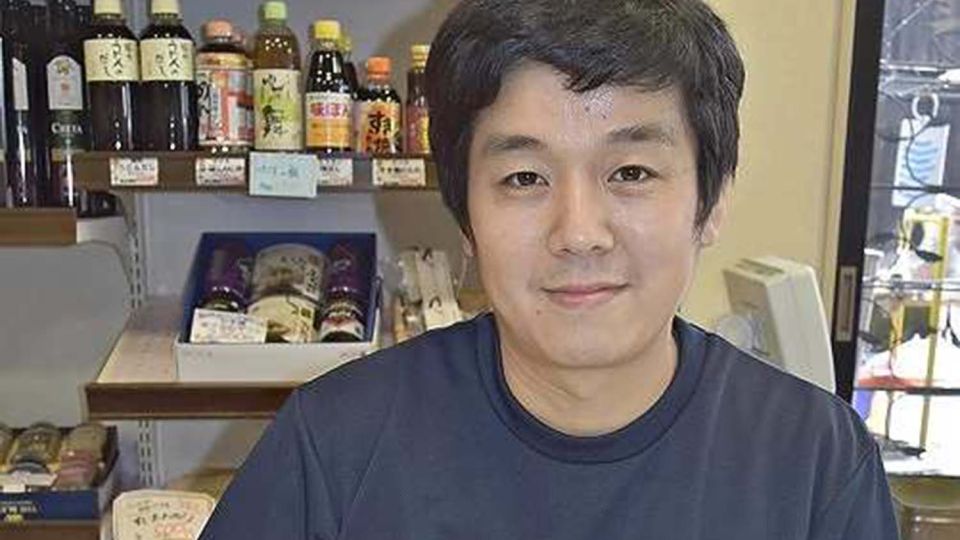October 26, 2022
TOKYO — Products made from brown rice are being developed in Mie Prefecture as part of efforts to cultivate demand for locally grown grains, with noodles and a coffee-like beverage among some of the items to hit shop shelves.
A group of rice dealers in their 30s and 40s released a beverage made from roasted brown rice in September that is being touted as a caffeine-free alternative to coffee.
The Mie Rice Club, which was formed last year by Daisuke Seko from Owase, Shinsuke Ishikawa from Kuwana and Norihide Tominaga from Nabari, organizes activities and studies strategies to promote rice, amid a nationwide decline in consumption.
The group started developing a beverage made from brown rice in November last year, focusing on the locally grown Musubi-no-kami brand, which has a light flavor.
With the help of a specialist roaster in Yamagata Prefecture, the group developed a fragrant caffeine-free drink that has the flavor of brown rice and the aroma of grilled mochi.
“I hope this drink will make people want to eat Musubi-no-kami,” said Mie Rice Club member Seko, 37.
Meanwhile, in Kumano, farmer Ta-tsuya Hashimoto has developed noodles made from brown rice that he grows without chemicals.
Hashimoto, 43, started growing rice in a mountainous part of the municipality seven years ago, and last year, he enlisted a specialist in Hiroshima Prefecture to help make noodles with his crop.
The noodles contain only brown rice and starch from potatoes, both of which are cultivated without chemicals. They have a light flavor and a firm texture similar to that of regular wheat noodles, making them a good match for Japanese cuisine and dishes from other Asian countries.
“The rice is carefully cultivated and [the noodles are] highly nutritious,” Hashimoto said.

Brown rice noodles The Yomiuri Shimbun
Another noodle made with rice from the prefecture is produced by the Matsuzaka-based konnyaku specialist Uenoya, which started developing the product in 2017 and launched its Konnyaku Kahada Men noodles in 2019.
Konnyaku, a gelatinous food product made from a tuber of the same name, comes in various forms, including noodles. Uenoya’s rice noodles contain konnyaku and brown rice grown in the Kahada valley, a natural park in the prefecture.
From the product’s launch until the end of the last year, the company has sold more than 140,000 packs of the noodles, which have the aroma of brown rice and the texture of conventional konnyaku noodles.
“With the farmers’ thoughts at the forefront of our minds, we’d like to convey the appeal of rice from this region,” said Uenoya’s Kotaro Sasaki, 44.

